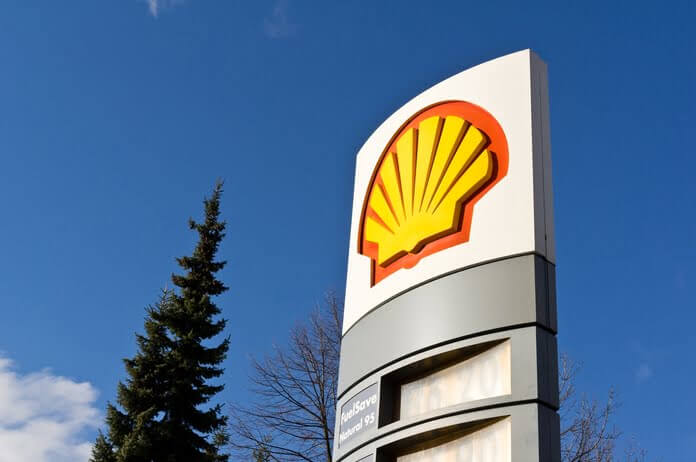Shell stock was trading at $52.76 as of 12:45 PM EDT.
After a 10-week pause, Shell (NYSE:SHEL) announced late Thursday that export operations at the Forcados oil facility in Nigeria had resumed. Shell (NYSE:SHEL) reported that shipments resumed after the facility in the Niger Delta region of the country underwent repairs and theft locations along the pipeline were removed and clamped to guarantee that all crude oil arrived at the terminal. The government of Nigeria has accused the pipes of being the cause of widespread theft, which has caused wells to be closed and hampered investment.
By the end of November, 500,000 additional barrels will be added to the daily production, according to the government, thanks to the restart of operations at the 400,000 barrel/day Forcados terminal and the Trans-Niger Pipeline. According to Bloomberg, Nigeria produced 1.14 million barrels per day on average of petroleum and condensate in September.
Growth & Value Trading claims in research posted on Seeking Alpha that Shell (NYSE:SHEL) has “huge potential over the next few years, reinforced by its resolve to achieving net zero by 2050.” On October 27, Shell plc is scheduled to announce its third-quarter financial results. A profit of $3.18 per share is the current Zacks Consensus Estimate for the upcoming quarter.
Let’s investigate the variables that might have affected the September quarter’s performance for the integrated energy behemoth. However, it is important to first consider SHEL’s performance in the prior quarter.
Highlights of Shell Stock, Q2 Earnings & Surprise History
Due to increasing commodity prices and refining profits, Europe’s largest oil business outperformed expectations in the most recent reported quarter. SHEL announced earnings per ADS (on a current cost of supplies basis, excluding items — the market’s favored measure) of $3.04, exceeding the Zacks Consensus Estimate of $2.91.
Shell Stock Goes Down Because Of Weaker Gas Trading And Refining, Which Hurt Its Q3 Results
Featured Image- Megapixl @ Mino21















